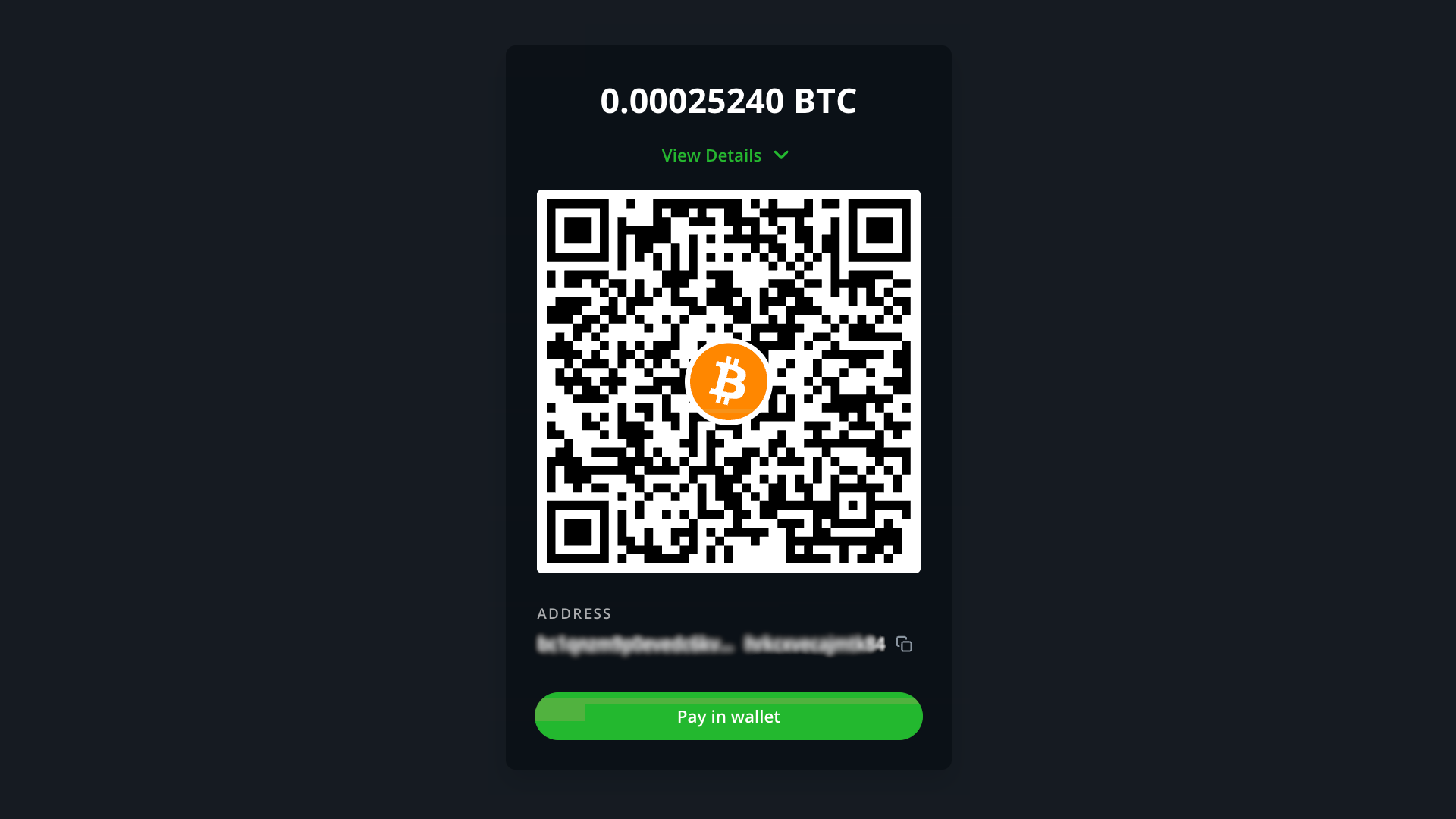How to pay with Bitcoin?

Newcomers and skeptics often wonder, “What practical purposes does Bitcoin serve?” Let's explore some of Bitcoin's prevalent applications:
Payment Method
Bitcoin empowers those overlooked by traditional payment systems to participate in global and local economies. For instance, Nigerian businesses engaged in international trade face restrictive banking regulations, including limits on foreign currency exchanges. This has led to a premium black market for foreign currencies. Many businesses have turned to Bitcoin to avoid these extra costs and complications.
The use of Bitcoin for payments also extends to major global corporations. Companies such as Palantir Technologies, Gucci, Tag Heuer, AT&T, Virgin Galactic, Balenciaga, and sports teams like the Miami Dolphins and Dallas Mavericks, among others, now accept Bitcoin.
Fast and Secure Global Transactions
Traditional international payment systems often impose high fees and slow transaction times. For instance, the average global remittance fee is around 7.14%, significantly higher compared to BTCPeasy and Bitcoin in general. Additionally, services like PayPal have geographic limitations, while Bitcoin can be universally sent and received.
By adopting Bitcoin payments, businesses can facilitate faster and more cost-effective cross-border transactions. Bitcoin transactions are verified on the blockchain within minutes, and those via the Lightning Network can occur instantaneously.
Censorship Resistance
Bitcoin offers the benefit of censorship resistance, as it operates without a central authority. This makes it a preferred currency for organizations and individuals excluded from conventional payment channels. A notable example is Wikileaks, which was cut off by payment processors like Visa and Mastercard. Bitcoin donations have been crucial for its continued operation.
Store of Value
Bitcoin serves as a store of value that protects against devaluation. For example, Nigerian businesses use Bitcoin to circumvent foreign exchange restrictions and maintain savings as a hedge against inflation, with the Nigerian naira frequently facing double-digit inflation rates.
Bitcoin's role as a savings instrument is growing in countries with high inflation such as Lebanon, Turkey, Argentina, and Venezuela. With only 21 million Bitcoins ever to be mined, its absolute scarcity contrasts with the fluctuating supply of fiat currencies. This scarcity adds to Bitcoin's appeal as "digital gold."
In contrast, the U.S. increased its dollar supply by over 25% in 2020, contributing to inflation. This makes Bitcoin an attractive option against inflation pressures. Billionaire hedge fund manager Paul Tudor Jones, predicting inflation due to monetary policies, invested in Bitcoin as a potential safeguard. He famously remarked, “The best profit-maximizing strategy is to own the fastest horse. If I am forced to forecast, my bet is it will be Bitcoin.”
